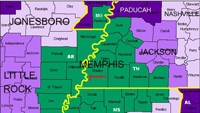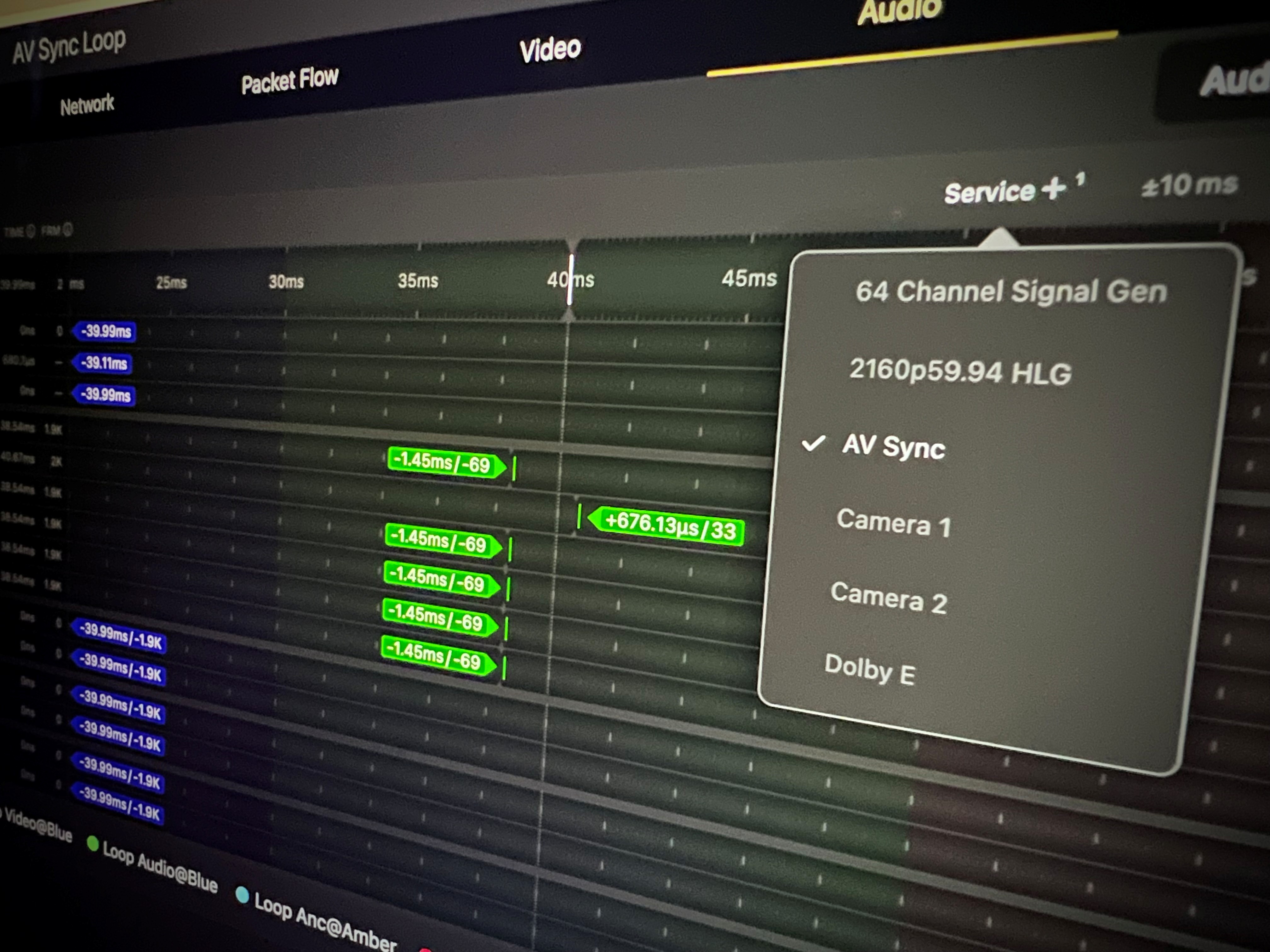NAB tells commission to leave local market definitions alone

The NAB told the FCC this week that the current system that determines who is eligible to receive out-of-market TV stations works just fine and should be left alone.
The NAB’s statements are in reaction to a status report being prepared by the commission for Congress on reauthorization of the Satellite Television Extension and Localism Act (STELA). The issue is important to many members of Congress because their constituents want access to local sports and do not get the programming due to quirks in current TV market definitions. Delivering home state signals to “orphan counties” has drawn a number of comments to the FCC from those who feel the system is not working.
One example centers on a handful of southwestern Colorado counties in the Albuquerque TV market.
“It is absurd that certain constituents of mine who live literally yards from each other, by virtue of their mailing addresses only, can be allowed or denied access to television from their home state,” wrote Colorado state Sen. Ellen Roberts to the FCC.
The NAB, however, disagrees.
“Revisions to local television market definitions to ensure the availability of local service are not only unnecessary, they are also fraught with difficult practical problems,” according to a study by the NAB submitted to the FCC. The broadcasters argue there is already an “extraordinarily high” level of over-the-air, in-state broadcasts and live access via the Internet.
The broadcast lobbyist also argued that out-of-state, in-market TV stations “frequently offer extensive locally oriented service to viewers.” As an example, the NAB said, District of Columbia stations provide news to viewers in northern Virginia.
The professional video industry's #1 source for news, trends and product and tech information. Sign up below.
The NAB said Nielsen markets reflect actual viewing patterns and fluctuate as viewing changes; therefore, “wholesale changes” could hurt stations’ ability to get advertising and pay for local sports and news programming, the group said.
If the key is local sports and news, that category of programming can and is being licensed for delivery to in-state viewers without having to duplicate a station’s entire national and syndicated programming lineup, the NAB said.
The broadcasters called on the government not to intervene.
“Redefining markets has the real potential to disrupt local television advertising markets, long-standing and important program exclusivity arrangements, and the carriage obligations of cable and satellite operators,” the NAB said. “If television markets are redefined, existing local stations’ ownership structures could easily fall out of compliance with the FCC’s rules.”
